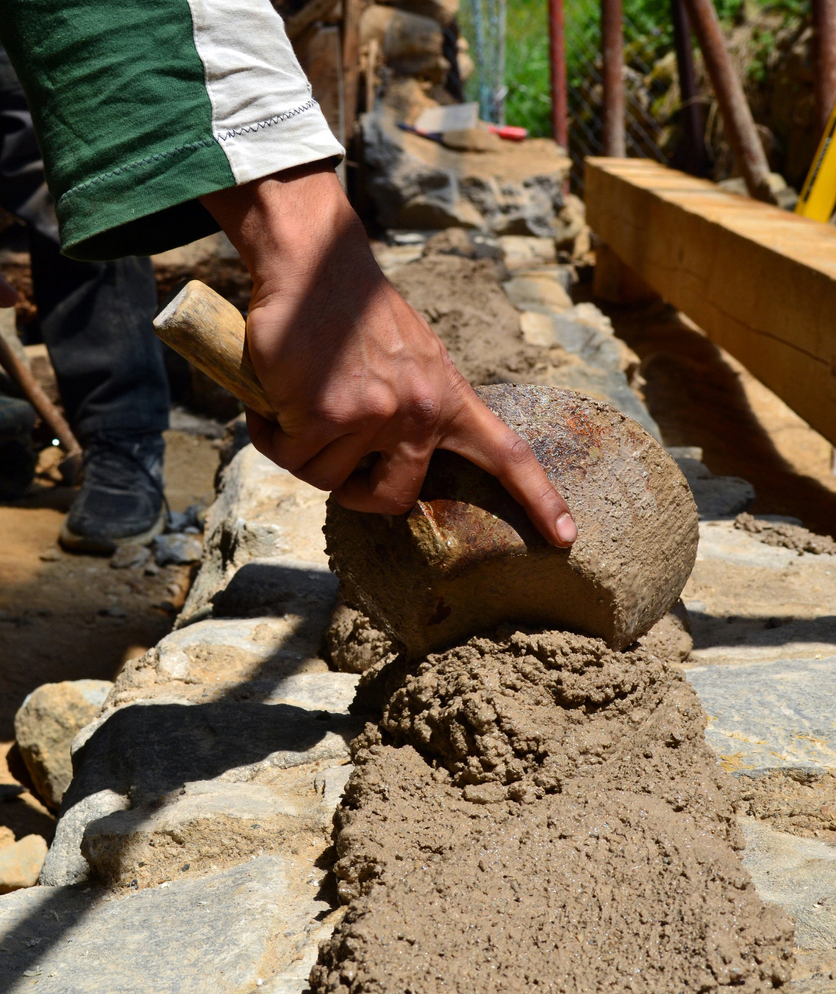Demonstrate your decarbonisation commitment with the revised PAS 2080. Download free here.
BSI has published a new version of its PAS 2080 on managing and reducing carbon in the built environment, which enables companies to demonstrate their commitment to decarbonisation.
PAS stands for Publicly Available Specification, which means it is free, thanks to the sponsorship of the Institution of Civil Engineers (ICE) and the Green Construction Board (GCB). It is also supported by the Construction Leadership Council.
The guidance document, first published in 2016, now includes case studies where the standard has been applied and provides worked examples to assist further with the application and integration of this specification.
The scope has been expanded, with a new emphasis on whole life carbon and a more focused alignment with the Government’s aim of achieving a Net Zero carbon economy by 2050.
PAS 2080:2023 specifies requirements for the management of whole-life carbon in buildings and infrastructure in the provision, operation, use and end-of-life of new projects or programmes of work, as well as the management or retrofit of existing buildings and schemes.
It helps individual companies to understand their impact on the wider network, revealing interdependencies and encouraging early collaboration. It requires the definition of roles and responsibilities and integrated decision-making and procurement processes throughout the lifecycle of a building or other works.
One benefit of reducing carbon is that it almost invariably saves money. Follow Pas 2080 and you can expect to see reductions in material, energy and labour costs during the project, as well as reductions in whole-life capital and operational costs.
The specification aims to:
- Encourage wider uptake and action on carbon management
- Demonstrate your commitment to carbon reduction
- Help give you a competitive edge when bidding for tenders
- Help construction adapt to a low carbon future
- Help users develop their expertise of carbon management
- Help users increase confidence and trust in their practice.
BSI is committed to the UN Sustainable Development Goals, with PAS 2080:2023 contributing to Goal 9 on industry, innovation and infrastructure, Goal 11 on sustainable cities and communities, Goal 12 on responsible consumption and production and Goal 13 on climate action.

